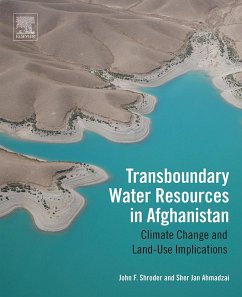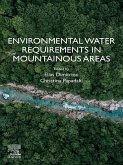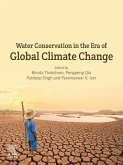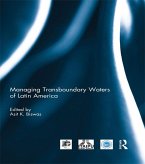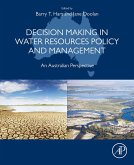Transboundary Water from Afghanistan: Climate Change, and Land-Use Implications brings together diverse factual material on the physical geography and political, cultural, and economic implications of Southwest Asian transboundary water resources. It is the outgrowth of long-term deep knowledge and experience gained by the authors, as well as the material developed from a series of new workshops funded by the Lounsbery Foundation and other granting agencies.
Afghanistan and Pakistan have high altitude mountains providing vital water supplies that are highly contentious necessities much threatened by climate change, human land-use variation, and political manipulation, which can be managed in new ways that are in need of comprehensive discussions and negotiations between all the riparian nations of the Indus watershed (Afghanistan, China, India, and Pakistan). This book provides a description of the basic topographic configuration of the Kabul River tributary to the Indus river, together will all its tributaries that flow back and forth across the border between Afghanistan and Pakistan, and the basic elements that are involved with the hydrological cycle and its derivatives in the high mountains of the Hindu Kush and Himalaya.
- Synthesizes information on the physical geography and political, cultural, and economic implications of Southwest Asian transboundary water resources
- Offers a basic topographic description of the Indus River watershed
- Provides local water management information not easily available for remote and contentious border areas
- Delivers access to the newest thinking from chief personnel on both sides of the contentious border
- Features material developed from a series of new workshops funded by the Lounsbery Foundation and other granting agencies
Dieser Download kann aus rechtlichen Gründen nur mit Rechnungsadresse in A, B, BG, CY, CZ, D, DK, EW, E, FIN, F, GR, HR, H, IRL, I, LT, L, LR, M, NL, PL, P, R, S, SLO, SK ausgeliefert werden.

